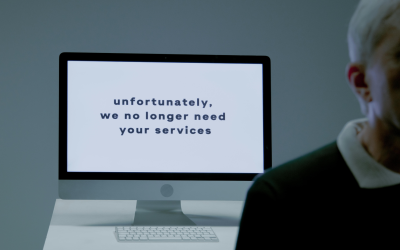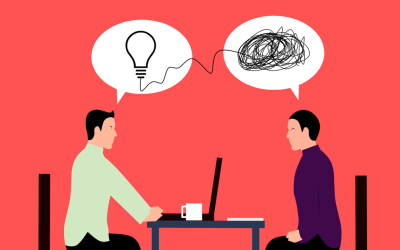Discover more with the PsycApps blog
Find tips, ideas and news with PsycApps blogs
Learn, be inspired and discover more in our PsycApps blogs
How Communities Heal Together After Racial Violence
When it comes to racial trauma, healing must be communal.
The Impact of Trauma on Memory and Identity
One of trauma’s most insidious effects is on memory. Rather than being stored as coherent stories, traumatic experiences often get lodged in the brain.
What Resilience Really Looks Like After Trauma
Resilience is often celebrated as a clean, triumphant arc. In reality, it’s much messier, and far more human.
From Breakdown to Breakthrough
We tend to think of breakdowns as endings. But what if they’re also invitations to evolve?
10 Everyday Habits That Build Resilience at Work
10 everyday habits that build emotional and psychological resilience at work…no yoga mat or inspirational quote required.
Building Emotional Resilience in the Face of Job Insecurity
Whether it’s a departmental shake-up, funding cuts, outsourcing, or whispers of mergers and downsizing, the psychological impact of job insecurity is profound.
Long-Term Absence to Full Engagement
Returning to work after a long-term absence, whether due to illness, injury, mental health challenges, or caregiving responsibilities, is a significant transition.
The Hidden Cost of Ignoring Resilience in Workforce Re-entry
When resilience isn’t part of that journey, the risks go far beyond job vacancies left unfilled.
Micro-Stressors, Macro Impact
Micro-stressors are the subtle, often overlooked pressures that occur regularly throughout the day. They’re not full-blown crises.
Why Gen Z Is Facing a Mental Health Crisis
Gen Z , are the most digitally connected, socially conscious, and culturally adaptive generation in history.
What Recovery Really Looks Like
If you’ve ever walked the road of recovery, through anxiety, depression, burnout, grief, trauma, you know that healing isn’t linear.
You Don’t Have to Hit Rock Bottom to Deserve Help
You don’t have to hit rock bottom to deserve help. You only need to be human.
Staying Motivated After Workplace Setbacks
While most of us focus on external factors, strategy, skill, timing…there’s a quieter, internal player shaping our response to professional disappointment: dopamine.
Aiding the UK’s Economic Recovery
If we are to rebuild a sustainable, productive economy, we must first understand and invest in the psychological wellbeing of the workforce.
How Resilience Supports Return-to-Work Initiatives
There’s a vital piece of the return-to-work puzzle that often goes under-recognised: psychological resilience.
Why Stress Eating Happens
Stress eating, also known as emotional eating, is a common response to stress, driven by powerful biological and psychological mechanisms.
Neuroinflammation and Stress
Stress can trigger neuroinflammation, a condition where the brain’s immune system becomes overactive.
Get Britain Working
What might look like economic efficiency from Westminster can feel very different to those living in the messy, complex, and deeply personal realities of being out of work.
How Job-Related Stress Affects Mental Health
Burnout is more than just feeling tired after a long day. It’s a state of chronic physical and emotional exhaustion.
The Role of Boundaries in Stress Management
We explore why boundaries are essential, how they impact stress levels, and how you can start setting them today.
Stress and Ageing
We all know stress isn’t good for us, but did you know that chronic stress can actually make you age faster?






















